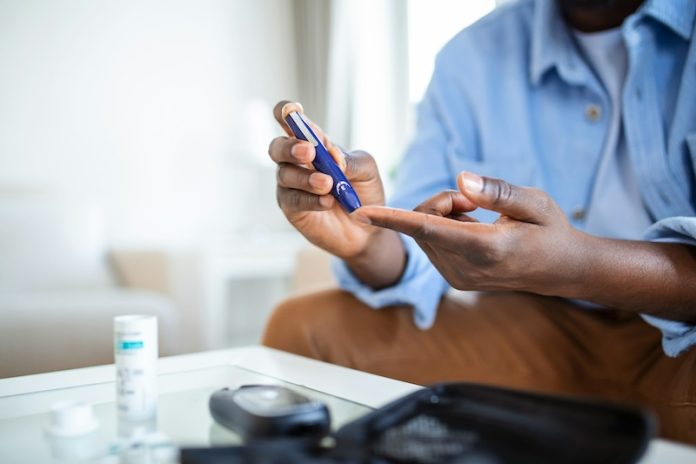
A recent study conducted by researchers from The GRADE Study Research Group looked at how well different medications work with metformin to control type 2 diabetes.
Metformin is the most commonly prescribed drug for managing this condition, but many people need additional medications to keep their blood sugar levels in check.
Led by Dr. Henry Burch, the study was published in The New England Journal of Medicine. It focused on four medications that have been approved by the U.S. Food and Drug Administration (FDA) to be used alongside metformin.
The goal was to find out which combination worked best for managing blood sugar levels over time.
The study included 5,047 participants, all of whom were already using metformin. These participants came from various racial and ethnic backgrounds, making the findings applicable to a wide range of people with type 2 diabetes.
The participants were divided into four groups, with each group receiving one of the following medications in addition to metformin:
- Sitagliptin
- Liraglutide
- Glimepiride
- Insulin glargine U-100
The researchers followed the participants for an average of four years to see how long each medication helped maintain blood sugar at the target level.
The results showed that combining metformin with either liraglutide or insulin glargine was the most effective. These two medications helped participants keep their blood sugar within the target range for about six months longer than sitagliptin, which was the least effective option.
A key aspect of the study was the diversity of its participants. The effectiveness of the medications did not seem to vary much based on the participant’s age, gender, race, or ethnicity, meaning that the findings can be applied to a wide range of patients.
This is an important point because people with type 2 diabetes come from all different backgrounds, and having treatments that work well for everyone is essential.
However, the study also revealed a major challenge: almost 75% of participants were unable to maintain their blood sugar levels within the target range for the full four years.
This shows just how difficult it is to manage type 2 diabetes effectively over the long term. Even with medication, many people still struggle to keep their blood sugar under control, highlighting the need for better treatment strategies in the future.
The researchers also looked at how these medications affected the risk of cardiovascular diseases, which are common in people with diabetes. They found that those taking liraglutide had the lowest risk of heart-related problems.
This finding suggests that liraglutide not only helps control blood sugar but also offers additional protection for heart health, making it a valuable option for many patients.
This study provides important insights into which drug combinations are most effective for controlling blood sugar in people with type 2 diabetes. It also emphasizes the need for continued research to find even better ways to manage the condition.
While medications like liraglutide and insulin glargine appear to be the most effective for long-term control, the fact that so many participants struggled to keep their blood sugar in check underscores how challenging it can be to manage diabetes over time.
As type 2 diabetes continues to affect millions of people around the world, research like this is essential for improving care and helping people live healthier lives.
Finding the right medication combination can make a big difference in not only controlling blood sugar but also in reducing the risk of serious health problems like heart disease.
If you care about diabetes, please read studies about Vitamin D and type 2 diabetes, and to people with diabetes, some fruits are better than others.
For more information about diabetes, please see recent studies that low calorie diets may help reverse diabetes, and 5 vitamins that may prevent complication in diabetes.
Copyright © 2024 Knowridge Science Report. All rights reserved.



